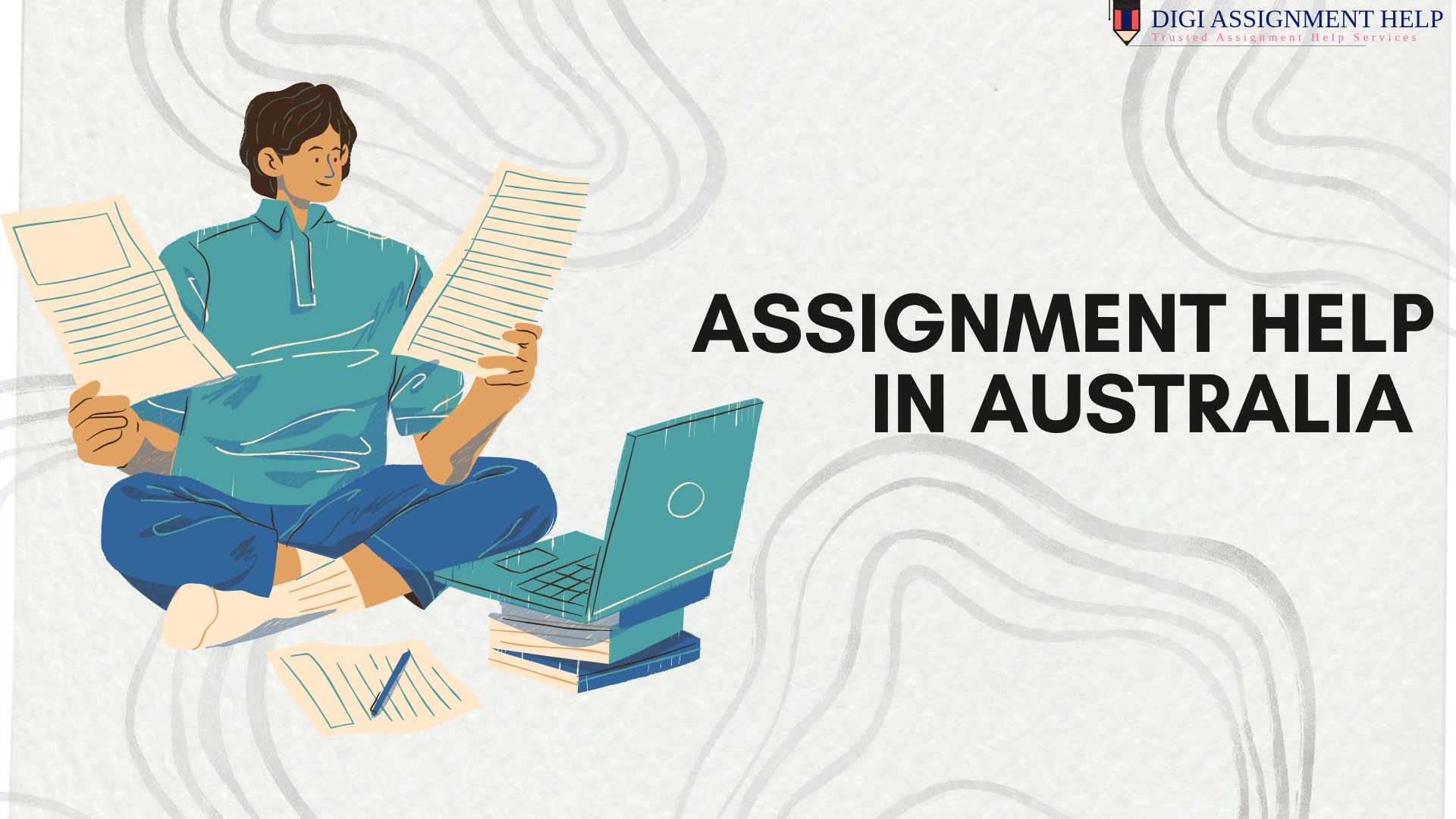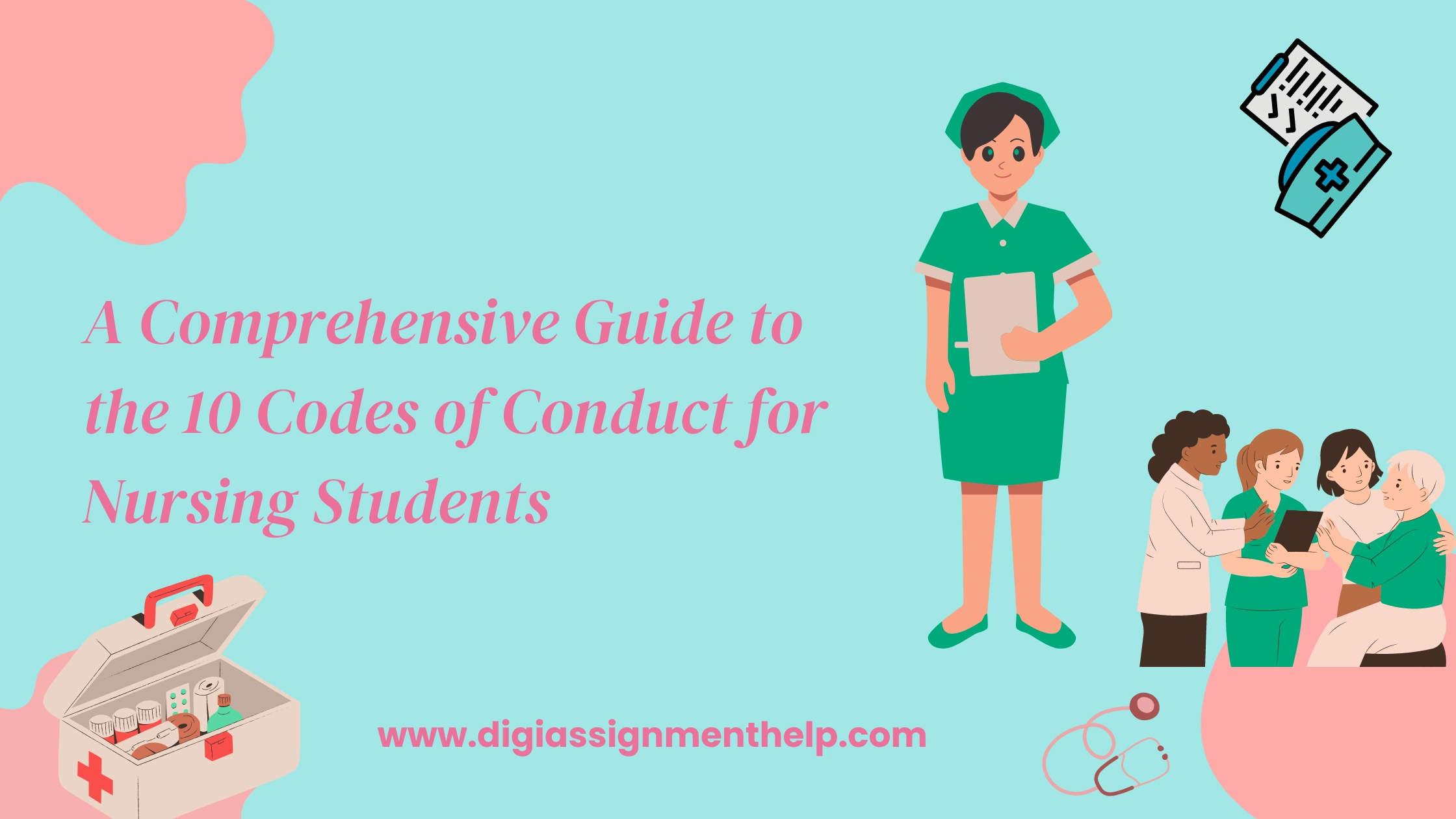How To Conduct Respiratory Nurse Assessment?
 01-May-2024 12:55 PM
01-May-2024 12:55 PM
.webp)
For people with respiratory problems to get complete care, respiratory nurses must be able to do accurate assessments. This process includes carefully examining the patient's symptoms, medical background, and physical test to make personalized treatment plans.
This blog covers the most important steps and things to consider when doing a complete respiratory nurse exam. Let's talk about how to be an excellent respiratory nurse assessor and what that means in actual practice.
Importance Of Respiratory Nurse Assessment
Many disorders can affect the lungs, including lung cancer, COPD, asthma, and flu. By carefully evaluating patients, nurses can learn about their breathing, including symptoms, medical background, living choices, and possible risk factors.
Preparing For The Assessment
Setting yourself up for success is crucial before taking the respiratory nurse exam. It means making a private and safe space so people can talk freely and trust you.
Also, getting essential tools like a stethoscope, pulse oximeter, and peak flow meter is essential. Without these tools, doing a full review and getting accurate diagnostic information would be impossible.
Initial Patient Interaction
The first time a respiratory nurse talks to a patient sets the tone for the rest of the exam. Building a relationship is crucial because it leads to trust and teamwork.
Begin by introducing yourself and making the goal of the test clear. Then, answer any questions or concerns the patient may have. To make it easier for people to share knowledge, encourage open conversation. Make sure that the grading method is accurate and useful.
Comprehensive History Taking
When a respiratory nurse thoroughly reviews a patient, looking into their medical background is vital. This step gives you essential information about their lung health.
First, look at your past and current respiratory problems. Find out also about pertinent risk factors like a family history of lung diseases, exposures at work, and smoking history. This thorough checkup is the first step toward a correct evaluation and a personalized treatment plan.
Physical Examination
A thorough physical exam is the most important thing to do when checking someone's lung health. First, look at the chest for inequalities, flaws, or other apparent problems.
Use a stethoscope to listen to irrelevant sounds, like crackles, wheezes, or unclear breathing. Use palpation and pressure to find problems and check the person's breathing ability.
Assessment Of Respiratory Function
In these kinds of tests, objective measures are essential for diagnosing. Use spirometry, peak flow meters, and pulse oximetry, among other specialist tools.
Nurses can check important things like oxygen saturation levels, lung sizes, and airway blockage. Analyzing these results gives nurses the tools to judge how bad respiratory impairment is. It can help track how well medical approaches work along the whole spectrum of care.
Psychosocial Assessment
Respiratory problems hurt people's physical health. However, they also significantly affect their quality of life and mental health. It is essential to do a complete psychosocial exam to find many things.
Some of these are worry, sadness, and coping methods that may significantly affect managing the sickness. Working with teams from different fields lets you look at psychological needs. It makes sure that people with lung problems get complete care.
Educational Counseling
A big part of a lung nurse's job is teaching the patient. It includes teaching patients about their illness, available treatments, and how to best care for themselves.
Part of educational guidance is showing people how to use an inhaler correctly, do breathing movements, and change their lifestyle. Nurses play a big part in encouraging preventive control and better respiratory outcomes by giving patients the necessary knowledge and skills.
Documentation And Follow-Up
Keeping accurate records of testing results is essential for continuity of care and discussion across disciplines. Clearly and straightforwardly, write down subjective and objective data, medical test results, and treatment plans.
Set up follow-up meetings to check progress, make any necessary changes to treatment plans, and discuss any problems or worries.
Conclusion
To be a good lung nurse assessor, you need to be clinically intelligent, empathetic, and able to communicate clearly.
Following these steps, nurses can care for people with breathing problems. It helps nurses do an essential job of improving lung health and patient results.
Also, sites like Digi Assignment Help are great for getting help. They give kids access to professional help and valuable materials to help them do well in school.
Some of these tasks have to do with respiratory nurse evaluations. They can help you finish all of your challenging assignments on time.










.webp)
















